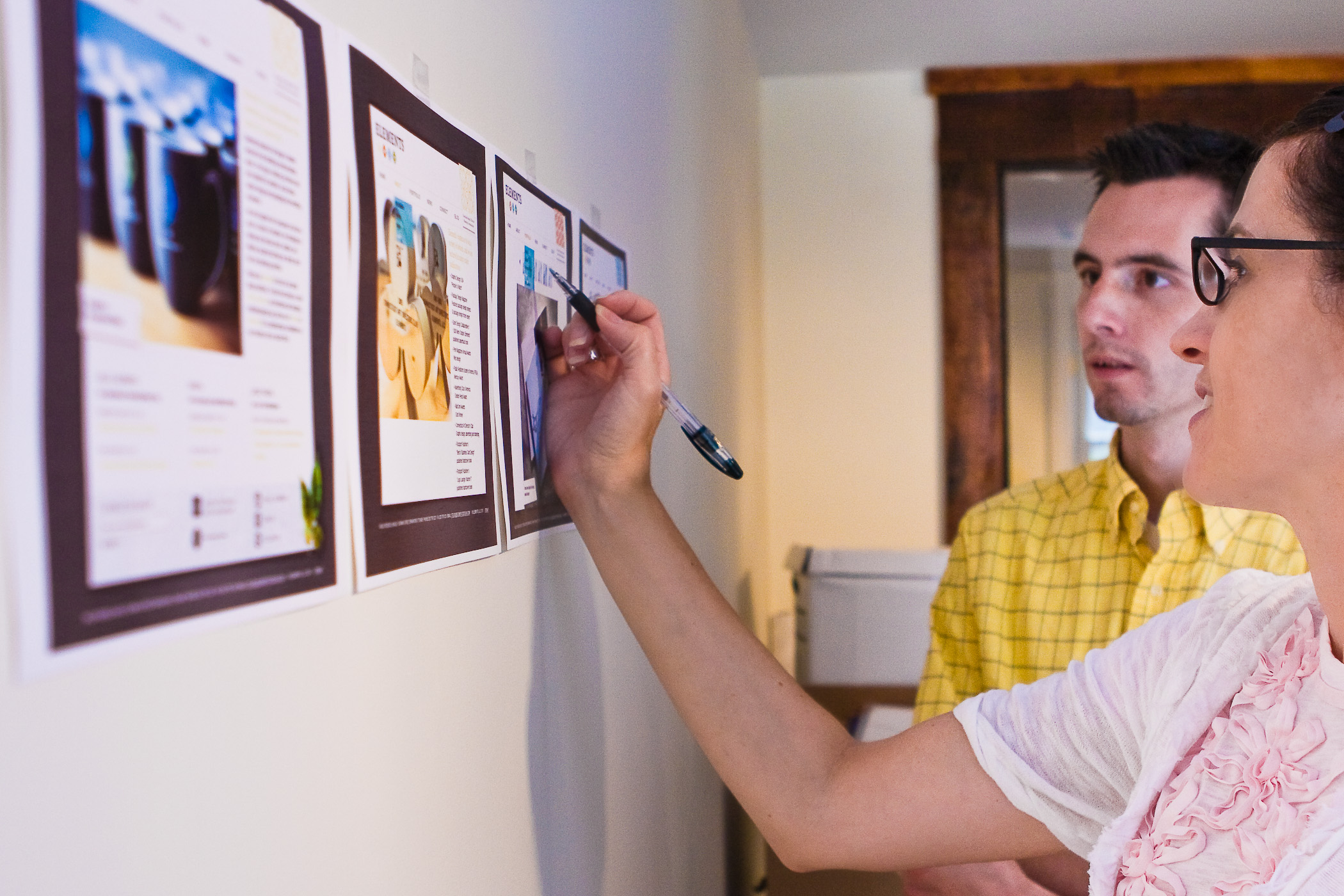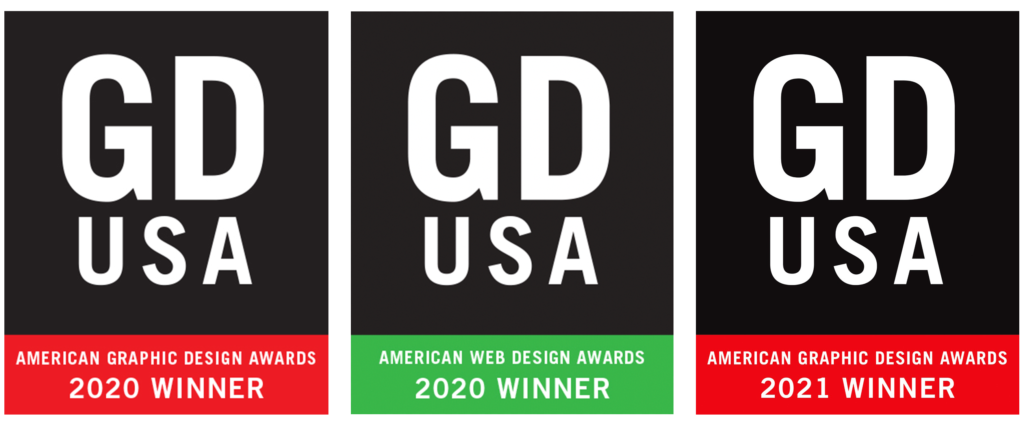Spring fever. Yeah, we know. We’ve got it too.
And have you noticed that the intense feeling to get outside and start cleaning, planting and raking things also translates indoors? Specifically, to your work?
If you are like us, your might be itching to start cleaning that supply cabinet, organizing forgotten space, and improving your surroundings – including your online presence.
“Maybe its finally time to finally tackle our company’s website redesign project?” you may be thinking. Well, hold on there Johnny Appleseed. Before diving head first into the murky waters of such a deep project, I’ve made a short – but paramount – list for your consideration.
1. What is the purpose of your website?
The first question anyone should ask before creating a website is to answer this simple, direct question. What will the purpose of your website be? You should be clear and if you are working on your site as a ‘team’, make darn sure everyone has clearly defined the websites’ goals and agreed upon how those goals will be measured. Some examples of goals may be for lead generation, or sales conversion, or increasing our brand awareness, etc.
2. What is your usability testing strategy?
The success of your website depends on how well your website functions. Have you ever been on a website only to find you can’t locate what you are looking for? That is poor organization. What about a website where that has out-of-date information (such as a summer program and they still have the calendar from three years ago?). Frustrating, right? If visitors cannot quickly, intuitively navigate their way through your site, or have difficulty interacting with your website, you have a usability problem. The only way to see if your site is user-friendly is with usability testing. There is an excellent, easy-to-understand book on this topic I read called “Don’t Make Me Think, A Common Sense Approach to Website Usability” by Steve Krug. Start there. But also make certain the design agency you are working with understands website usability – and by reading this book, you will be prepared with enough knowledge to have that conversation and understand what needs to be done.
3. How will we update our site and who will do it?
We would never recommend to our clients design a website without a Content Management System (CMS). CMS software creates a usable interface which allows you to update and maintain your website – adding images, updating copy, posting to a blog and so forth. Having a CMS means that every time you add a new employee, change your store hours or want to fix a typo, you can do it yourself without the need to call your designer or developer.
4. What is our strategy for search engines to find us?
Beginning with an overarching online marketing plan, search engine marketing {SEM} and search engine optimization {SEO} must to be discussed and planned in advance. We bake our SEO right into the design of all our website projects. Again, there are some great books on these subjects that I can recommend if you wish to learn more (just leave me a comment below) because as the buyer, you should have at least a basic understanding to know if the agency you hire is up-to-date with these ever changing services. If you do not have your website optimized for search engines to find you, all the work you are doing is for not. Yes. SEO is that critical.
5. Which web design agency will we work with?
Ahhh, I’m glad you brought it up. There are literally thousands of web design agencies everywhere. And then there are large website agencies who will charge you a small fortune and want your first born. In addition to coming to the table armed with enough understanding of what is involved to accurately and fairly judge who the professionals are, you will also need to find the right ‘fit’ – the right fit for your sized project along with a personality fit. Many other factors should go into your consideration – such as how comfortable you feel when you met, a list of current references, responsiveness, the quality of their work and recent work samples with links to live sites, and so forth. My advice is this: Step One – do your research. Ask other marketing directors if they would recommend an agency. Search online. Look in trade magazines for website work you like. Step Two – narrow your research and focus on about five agencies you feel have the right degree of creativeness and match your other criteria. Step Three – interview them. This will be a pre-screening that will be beneficial to both parties. They can ask questions to get a sense of who you are and what you seek and you can gage their experience, knowledge and see if they are a personality match. Step Four – create a Request for Proposal (RFP) and send it to no more than three agencies. Put in the RFP your list of requirements for your new/redesigned site, budget (as close as possible, or a range), timeline (or ask for one) and any technical recommendations based on your criteria. Don’t worry if your budget isn’t 100% accurate. How could you know? And if you are way off all three agencies will respond that you are way off and you can reassess at that point. Last, ask any information you need from the agency – recommendations with contact information, agency bios, list of current clients, etc. and so forth. (This is just a basic list. If you need more help crafting your specific website project RFP, please give me a call or comment below with your email. I’d be happy to help you).
6. Okay, Amy, what is this new site going to cost me?
I know. I know. We all hate to talk about cost. However, in the case of a website project, revealing your budget is a must if you are going to get quality proposals in response (see RFP outline above). Heck, some agencies won’t even bid without a budget. Often, the budget is a ballpark. It is nearly impossible – without making many, many, many assumptions for you – to get an exact, finite number without first researching, discussing and plotting out a site map, wireframe and list of requirements for the functionality of your site. It’s like trying to price a new car without knowing the make and model you wish you to drive. Well, it could be a Toyota Yaris, or a Bugatti Veyron or something in-between, like what I drive.
There is a lot of time and effort from both parties to get to the right number. Working together is the only way to get there – which requires open and honest discussion about wants, needs, and yes, sorry, money. Which again is why you need to pre-screen to find an agency you feel confident and comfortable with.
If you need help preparing a website RFP or wish to have a further discussion about what is required for a new or redesigned website project, please give me a call. It can be daunting. We are here to help in any way we can.
Here is a basic list of the services your website project will most likely require:
- Web Hosting (Traffic and Bandwidth usage)
- Design and development of website
- Photography
- Copywriting (specifically for online) and on-going content creation services
- Usability testing
- Monthly website maintenance
- Monthly marketing (SEM and SEO)
Image: Amy and Ben reviewing a website. {Photo by Simone Gutkin}




